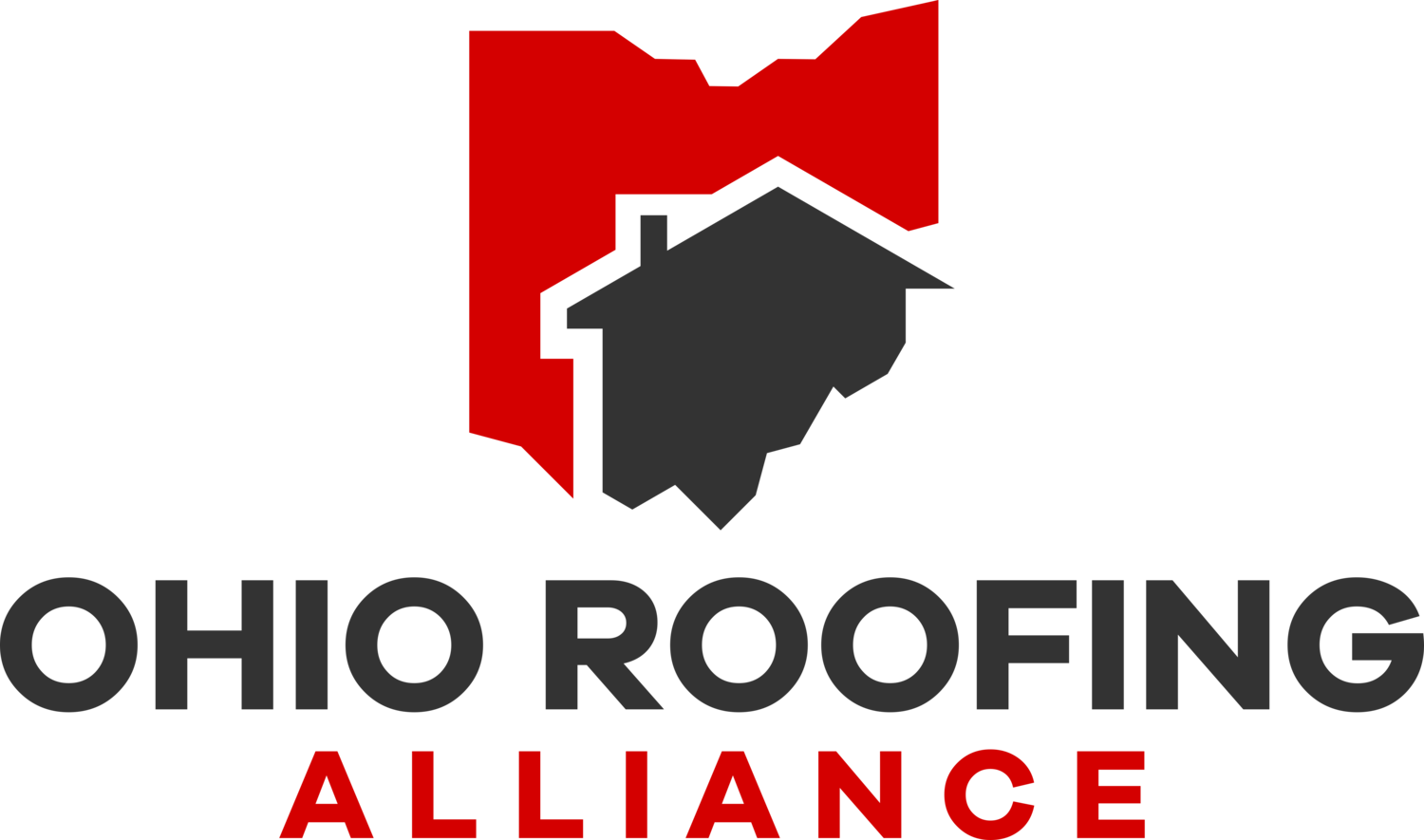
ACTIVE CAUSES
SENATE BILL 77
What does SB 77 make illegal?
Under SB 77, a contractor is prohibited from doing any of the following:
1. Advertising, promising to pay, or rebating any portion of an insurance deductible as an inducement to the sale of goods or services, including granting an allowance or
offering a discount against the fees to be charged or paying the consumer, or any
person directly or indirectly associated with the property in question, any form of
compensation;
2. Inducing the sale of any goods or services by doing any of the following, unless the
contractor and consumer sign a written addendum to the contract providing
otherwise:
a. Offering or providing any upgraded work, material, or product not specified
in the contract;
b. Granting any allowance or offering any discount against the fees to be
charged;
c. Paying to the consumer or any other person directly or indirectly associated
with the property in question, any form of compensation, including a gift,
prize, bonus, coupon, credit, referral fee, trade-in or trade-in payment,
advertising, or other fee or payment.
3. Requiring a deposit of more than half the contract price;
1. SGW Comment: Signing over the ACV check as the deposit now
becomes problematic. With our progress on the labor depreciation
front, many ACV checks are now greater than half the contract price.
2. Good news here is there’s clarity on how much you can accept as a
deposit. Bad news is you won’t just be able to accept the ACV check.
4. Abandoning or failing to perform, without justification, any ongoing contract or
deviating from or disregarding plans or specifications in any material respect without
the consumer’s consent;
1. SGW Comment: This means you absolutely must do written change
orders.
5. Failing to credit the consumer for any payment the consumer has made to the
contractor in connection with the contract;
6. Making any material misrepresentation in the procurement of a contract or making
any false promise likely to influence, persuade, or induce the procurement of a
contract;
1. SGW Comment: No more overpromising on what the insurance
should cover in order to close the sale. Overpromising under SB 77
could mean a judgment against your business that includes attorneys
fees and/or punitive damages.
7. Violating any applicable state or local building codes;
1. SGW Comment: What used to be a negligence or simple breach of
contract issue now becomes a consumer protection violation
(attorneys fees, punitive damages, etc.).
2. This doesn’t leave any wiggle room even if there’s customer consent.
8. Failing to pay for materials or services rendered in connection with operating as a
contractor where the contractor has received sufficient funds as payment for the
particular construction work, project, or operation for which the services or materials were rendered or purchased;
1. SGW Comment: This seems to imply that you must pay your subs
and material warehouses before you pay yourself.
9. Reporting, adjusting, or negotiating a claim on behalf of the consumer or receiving
compensation for referring a claim to any person who reports, adjusts, or negotiates
a claim on a consumer’s behalf;
1. SGW Comment: As things stand, the Unauthorized Practice of
Public Adjusting in Ohio is only a $500.00 fine per occurrence and
usually just a nasty-gram letter from the ODI. Generally, the only
way to get hammered on this is admissions of UPPA in your contracts
and then getting multiple fines. Now, SB 77 makes UPPA a
consumer protection violation that could result in judgments that are
tens of thousands of dollars (attorneys fees, punitive damages, etc.)
which could cripple a business. Now, an adjuster can also complain
to the Ohio Attorney General in addition to the Ohio Department of
Insurance with respect to UPPA. And the AG has major teeth—
where you might have got a letter and small fine from the ODI.
2. This provision will highly benefit public adjusters and attorneys but
hurt roofers and ultimately consumers. There is a severe shortage of
public adjusters and attorneys who handle smaller roof claims. Here
in Ohio, it is the roofer who most often stands up for the policyholder
on roof claims.
10. Failing to possess any insurance required under state, federal, or local laws;
11. Seeking or obtaining a power of attorney on a consumer’s behalf;
1. SGW Comment: No more POA to sign checks.
12. Representing, negotiating, obtaining, or attempting to obtain an assignment of claims,
rights, benefits, or proceeds from a consumer;
1. SGW Comment: No more AOC or AOB, period.
13. Offering or advertising to represent, negotiate, obtain, or attempt to obtain an
assignment of claims, rights, benefits, or proceeds from a consumer.
Per S.B. 77, a contractor may provide information or a professional opinion about a
claim directly to a consumer.
1. SGW Comment: So they did at least leave you that…
(Stephen Whetstone)


